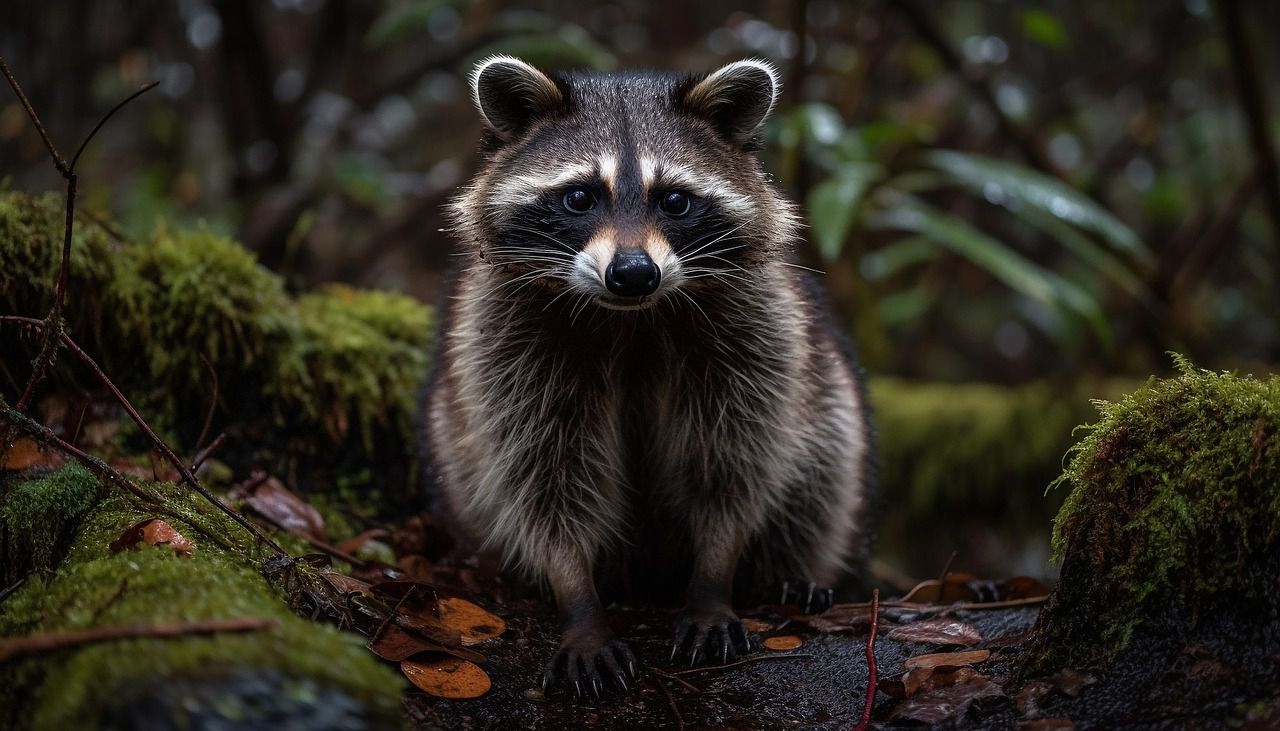Racoons don't surprise many people, but they can actually be pretty exciting because of their habits and abilities.
These fluffy masked bandits are well-adapted to different conditions, and they can be surprisingly intelligent when trying to get what they want.
Let's find out more about these animals.

Night Owls
Raccoons are mostly active at night, which means they're nocturnal.
They have special adaptations like excellent night vision to help them find food in the dark.
Great Climbers
Raccoons are fantastic climbers. They can easily scale trees and even vertical walls. Their sharp claws help them grip onto surfaces.
Clever Hands
Raccoons have very nimble and clever hands.
They use their front paws almost like human hands, which allows them to open containers and even turn doorknobs.
Varied Diet
Raccoons are omnivores, which means they eat both plants and animals.
Their diet can include fruits, nuts, insects, small animals, and even human food they find in garbage cans.
Washing Food
Raccoons are known for "washing" their food by dunking it in water before eating.
They don't always do this near water sources; they might use puddles or even their own saliva to clean their food.
Nocturnal Chatter
Raccoons can make a range of vocal sounds, including hisses, growls, and chattering noises.
They use these sounds to communicate with each other, especially during mating season.
Adaptable Urban Dwellers
Raccoons are highly adaptable and can thrive in both natural habitats and urban areas.
They've become quite common in cities, where they often raid trash cans for food.












